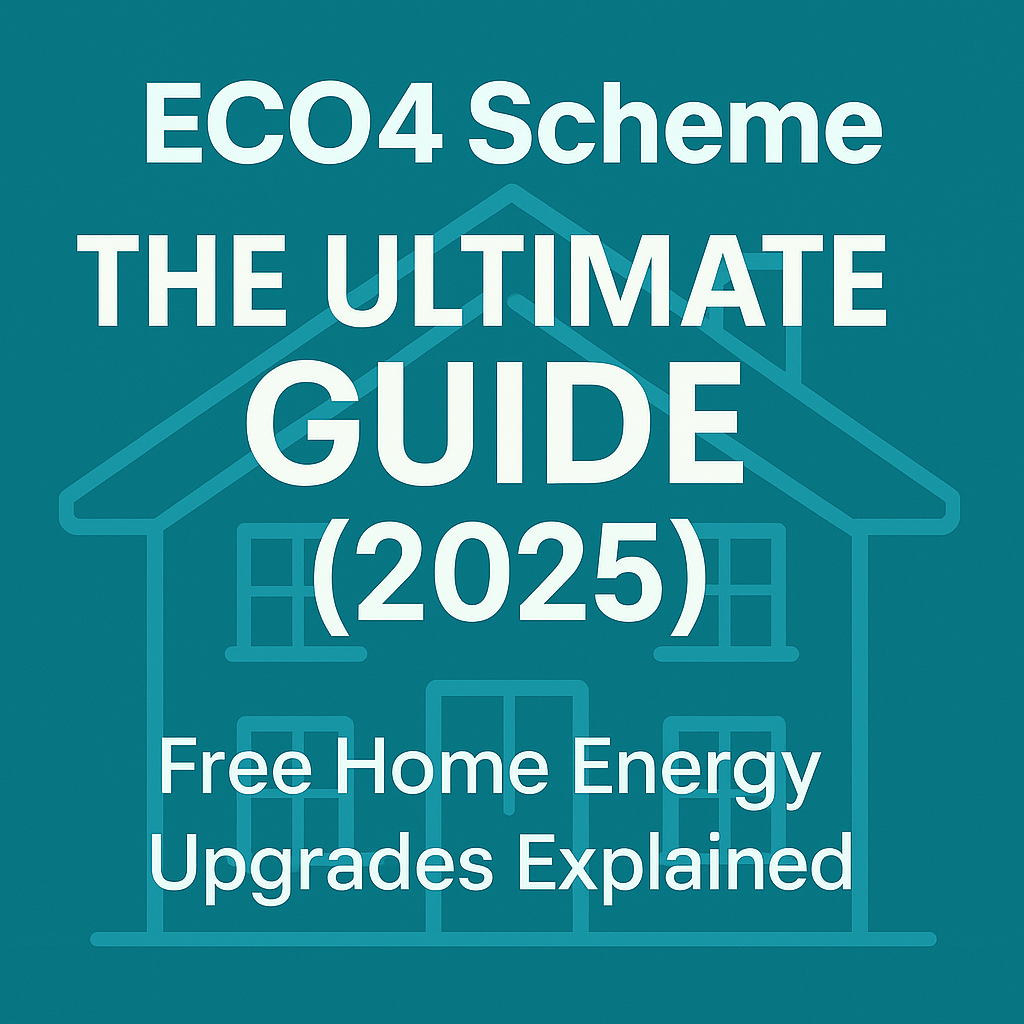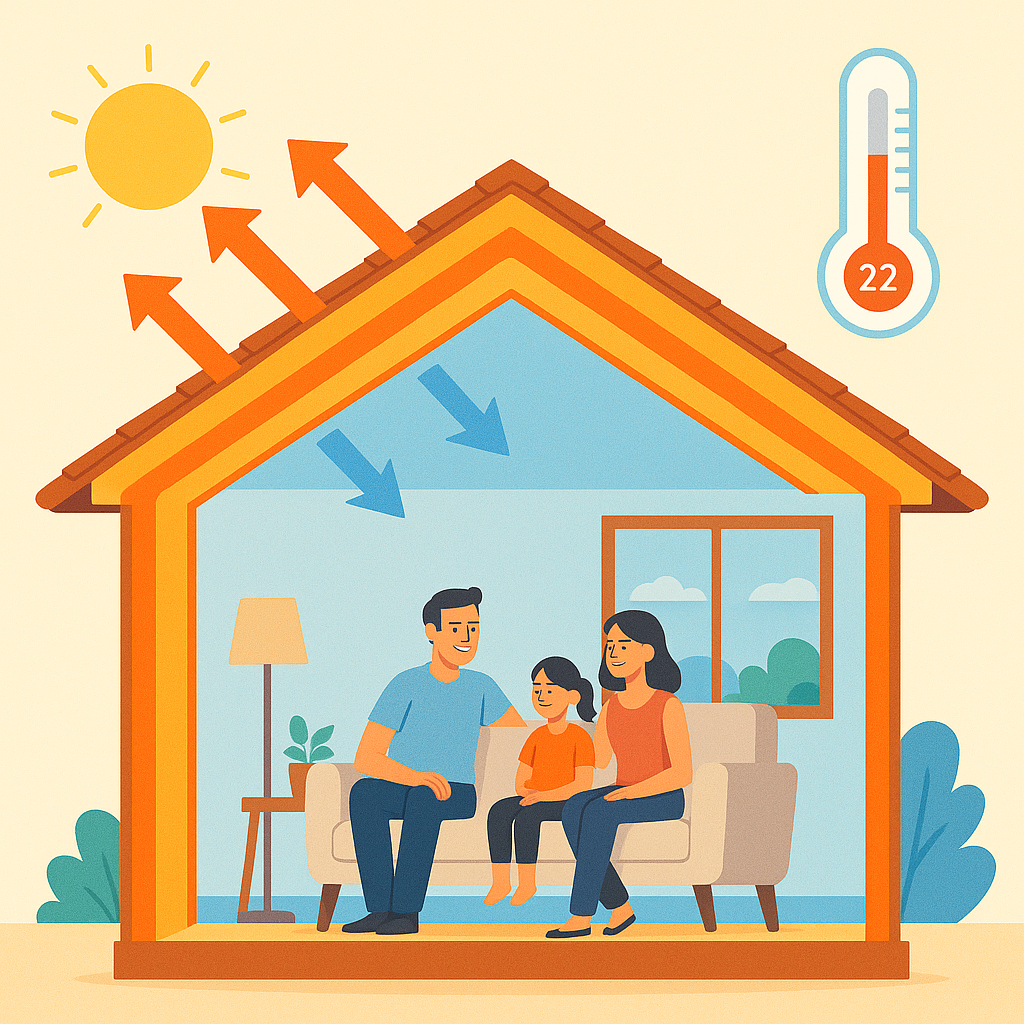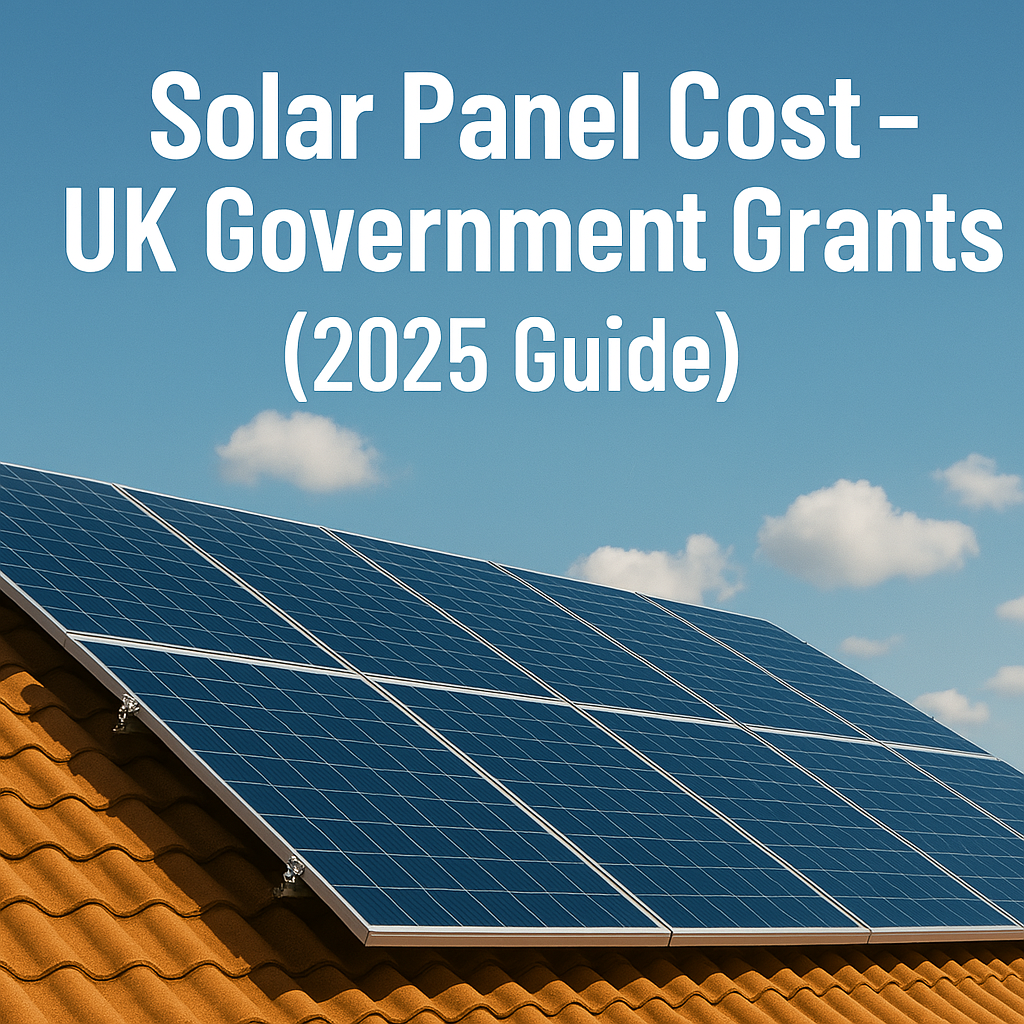Here in the UK, we’re fortunate to have direct access to world-leading infrastructure and a comparatively stable economy. Institutions such as the NHS, free education and an abundance of charities are what set this little island apart from our overseas neighbours.
That said, it’s no secret that times are tough for a large portion of the UK right now. Housing prices are through the roof, inflation is at a 40-year peak and basic amenities are slowly but surely becoming unaffordable for families and households. No wonder individuals up and down the country are scratching their heads, searching for a solution.
The key contributor to the current cost of living crisis is, of course, energy. As the demand for gas and electricity increased following the COVID-19 pandemic, prices soared. As it stands, energy bills have risen exponentially; households nationwide are seeking out solutions to an increasingly turbulent cost of living crisis.

Fortunately, it’s not all doom and gloom. Having narrowly avoided entering a recession last year, the UK government has extended support for low-income households and individuals across the country. In an effort to increase energy efficiency ratings and reduce wastage, a number of schemes and funding programmes have been introduced.
Here at UK Energy Management, we strongly believe that everyone deserves access to homes that are comfortable and cost-effective. Our goal is to help people gain access to the financial support and energy management technology they require.
Read on to discover our comprehensive guide to government energy funding schemes.
The Winter Fuel Payment
First on our list of government initiatives is The Winter Fuel Payment. Introduced during the winter of ‘22/’23, The Winter Fuel Payment is an annual payment made by the UK government to help older people with their heating bills during the colder months. The payment is made automatically to those who are eligible, and the amount varies depending on age and circumstances.
Eligibility is based on the correlation between age and vulnerability; those born on or before 26 September 1956 can claim the Winter Fuel Payment. The payment ranges from £250 to £600, depending on age and circumstances and includes a ‘Pensioner Cost of Living Payment’. The payment is tax-free, does not affect other benefits and can be claimed in both winter 2022 to 2023 and winter 2023 to 2024.
Warm Home Discount Scheme
Moving on, the next funding scheme available is known as the Warm Home Discount Scheme. Essentially, the Warm Home Discount Scheme is another government-led initiative that provides financial assistance to households struggling to pay their energy bills. Under this scheme, eligible households receive a one-off payment of £150 towards their electricity bills. The scheme is available to those who meet certain criteria, such as receiving certain benefits or having a low income.
It is worth noting that the Warm Home Discount Scheme is not a cash payment, instead it is a discount applied directly to your energy supplier. Additionally, the closing date for the current iteration of the Warm Home Discount Scheme is 31st March 2023. That said, it is likely that an updated version will be launched again next winter. Customers should contact their energy suppliers to check if they are eligible for the scheme.
Green Homes Grant
In addition to the schemes mentioned above, the UK government also offers the Green Homes Grant, which provides vouchers for eligible homeowners to help pay for energy-efficient home improvements. These vouchers can be used to cover up to two-thirds of the cost of eligible improvements, such as insulation, double glazing, and heat pumps. The scheme was launched in 2020 as part of the government’s plan to reduce carbon emissions and improve energy efficiency in homes across the country.
Eligible applications may receive a grant of up to £5000 to cover the cost of insulation and similar energy-saving measures. To be considered eligible, applicants must own or rent a home in England with an Energy Performance Certificate rating of D or lower.
Smart Meters
Next on our list is a little different. Though they may not be considered a ‘funding scheme’, the UK government’s proposed rollout of smart meters for homes in England could have a positive impact on homes across the country. Put simply, the current UK government is aiming for smart meters to be installed in every home by the end of the rollout.
Deemed a ‘national infrastructure upgrade’ by the UK government, this initiative could play a significant role in enabling cost-effective, net-zero living. Don’t worry, homeowners and bill payers won’t have to purchase the meters; these devices will be installed and funded by energy providers.
For those unaware, among the many benefits associated with smart meter technologies are:
● Accurate Billing – Smart meters provide an accurate reading of energy consumption, ensuring that users are charged only for what they use.
● Better Energy Management – Real-time energy consumption data allows users to understand how they are using energy and make informed decisions regarding usage.
● Reduced Carbon Emissions – By encouraging better energy management and improved energy efficiency, smart meters can help to reduce carbon emissions and contribute to the fight against climate change.
● Remote Monitoring – Smart meters allow energy companies to monitor energy consumption remotely, eliminating the need for manual meter readings.
Energy Company Obligation Scheme (ECO4)
Last, but by no means least, on our list of government energy funding schemes is the Energy Company Obligation Scheme (ECO 4). Introduced in April of 2022, and replacing the previous ECO 3 initiative, ECO 4 requires large energy suppliers to fund energy-saving improvements to homes and households. The scheme is designed to reduce energy bills and carbon emissions by improving energy efficiency.
Under the scheme, energy suppliers are required to install energy-efficient measures such as insulation, heating systems, and double glazing in homes and households. Eligibility criteria vary depending on circumstances but typically include low-income households, those battling fuel poverty, and vulnerable individuals.
As mentioned above, the primary objective of the ECO4 scheme is to help vulnerable individuals and low-income households to become more energy efficient. The ECO 4 scheme is targeted at properties that fall within the efficiency bands E, F and G. Funding can be used for the installation or upgrade of cavity wall insulation, central heating improvements, electric heaters, smart meters and loft insulation.
Eligibility is assessed in accordance with a number of criteria. These are reasonably varied and are dependent on the financial circumstances of individuals as well as the makeup of the property in question. To find out if you qualify for the government’s ECO 4 funding scheme, simply enter your details on our free eligibility assessment form.
Apply For ECO 4 Funding With UK Energy Management
If you’re looking for an effective means of tackling the rising cost of energy bills, the ECO 4 scheme could be the perfect solution. Not only will eligible households gain access to cost-effective heating technologies, but insulation assessments and upgrades can also be provided. From electric heaters and gas systems to cavity wall insulation and smart controls, there are a range of upgrades available.
Sure, it sounds a little too good to be true at first but, with energy prices skyrocketing, you’d be foolish not to apply!
To check your eligibility or discuss your needs with a member of our team, get in touch.



